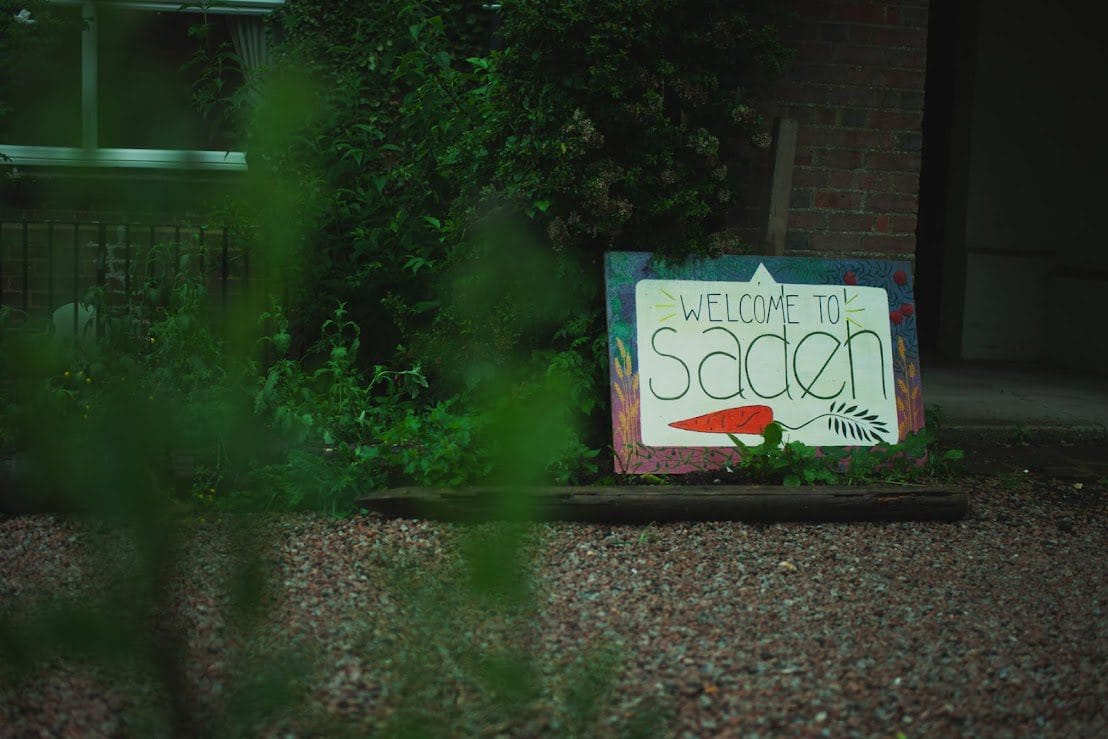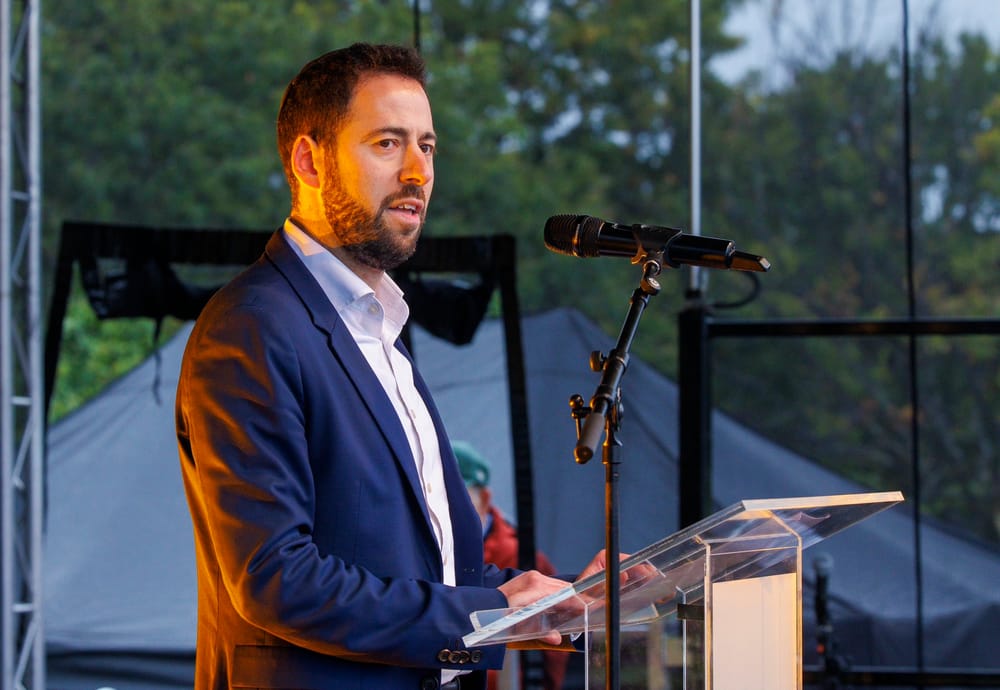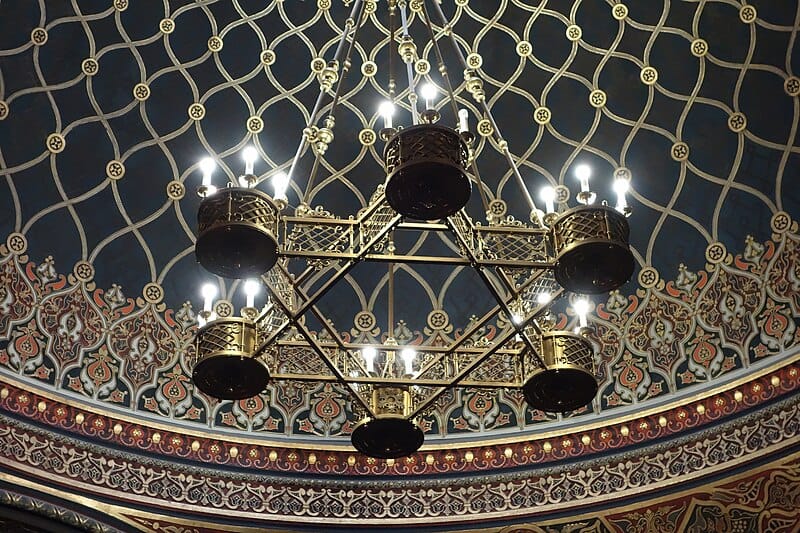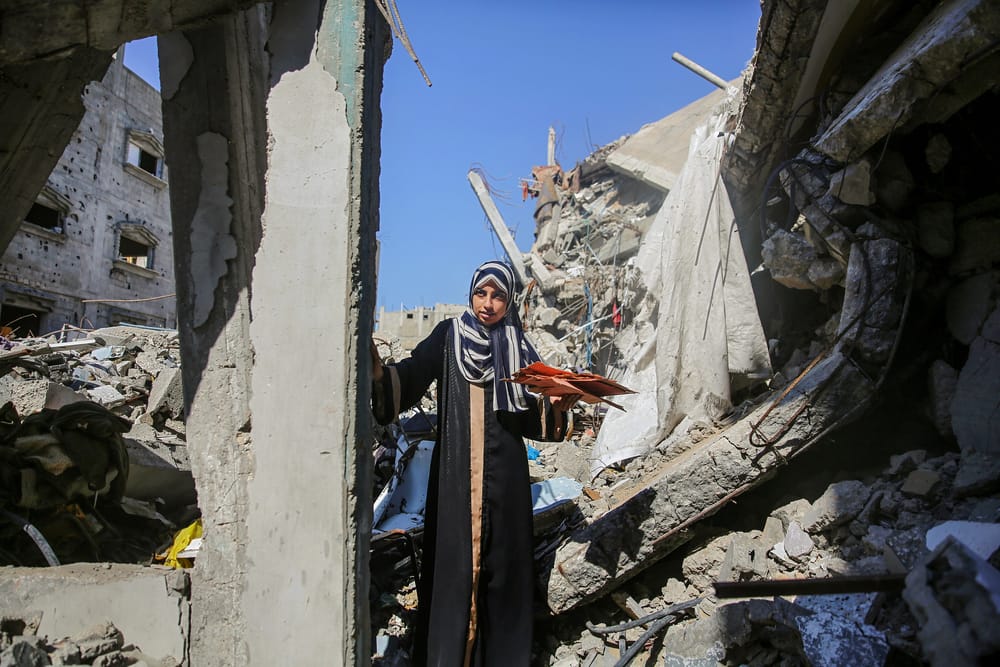
Less than an hour’s drive from central London lies a field of dreams. A proving ground for greatness. A space that symbolises all that is good about Judaism: the power of change, possibility, renewal. The power that comes with caring passionately for our surroundings, big or small, ecological or social.
Sadeh Farm is living proof that British Jewry can be forward-thinking, and that our community is rooted in the natural world. More than that, Sadeh and those that steward it show a remarkable sense for rebirth, for meeting the challenges that crop up and for navigating their way through difficulty.
Since its founding in 2018, Sadeh has worked closely with diverse local and Jewish communities to plant over 900 native trees; run countless workshops on regenerative agriculture and vegetable growing; and created dozens of new wildlife habitats and community spaces in nature. In the last year alone, Sadeh has engaged over 600 young people in hands-on learning about sustainability, ancient Jewish flora, soil structure and renewable energy.
All this may be about to change. Sadeh is under threat of closure – not due to Covid or some other external force, but because the Jewish Youth Fund (JYF), which owns the property, has decided to sell it and evict Sadeh before our lease is up.
We have no intention of resigning ourselves to this fate; there is always something to be done. We have launched a campaign under the hashtag #SaveSadeh in the hope that our supporters will petition the JYF to allow Sadeh to stay until the end of its lease in March 2028, as JYF had initially indicated would be the case.
Now that we have been made aware of JYF’s intention to sell the property, we will actively explore the possibility of buying the property at market value, either directly or with the support of a third party. This will allow both the JYF to achieve their goal of selling the property, and allow Sadeh to keep doing vital work for the future of Jewish youth.
British Jewry’s urban disposition has arguably meant that our connection to nature has been neglected. Sadeh is unique in providing one of the few spaces in Europe for immersive, land-based education in a Jewish context.
When the younger generation asks what we as Jews did to combat the climate crisis and reconnect with the natural world, I want to be able to tell them about my work with Sadeh. I want them to be able to experience it firsthand.
I used to think it strange that we celebrate the giving of the Torah at the same time as the wheat harvest. Nowadays, I think that the reason we do is to teach us that the natural world is the most powerful thing that exists on Earth, an everlasting song to creation.
Sadeh is currently cultivating April bearded wheat from saved seed. This is what we call a heritage grain, a type that was grown in the UK from the mid-19th century until the 1950s, when intensive farming practices saw monocultures of genetically modified seed become the norm. Sadeh wants to lead our community’s response to the climate crisis, enabling both British Jewry and the natural world we inhabit to thrive. ▼
Ronni Gurwicz is a former Sadeh fellow.
Author
Ronni Gurwicz is a former Sadeh fellow.
Sign up for The Pickle and New, From Vashti.
Stay up to date with Vashti.



